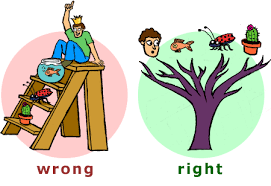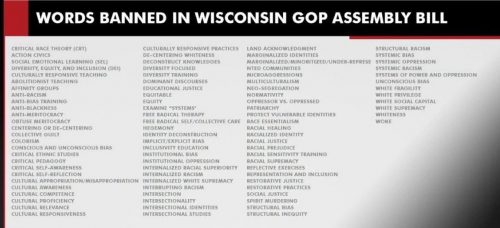
Monty Python? Brilliant! A Fish Called Wanda? I larfed and larfed. But this is an accurate portrayal of what John Cleese has come to now.
John Cleese complains about wokeness pic.twitter.com/VZeeqFxXxn
— Jeremiah McDonald (@JeremiahContent) November 15, 2021
Yes, John. Learn to be at ease with your own privileged place in society, and stop whining. It’s ruining my enjoyment of your past — I emphasize, past — work.
Take heart in the fact that the Daily Mail will continue to publish your opinions.







